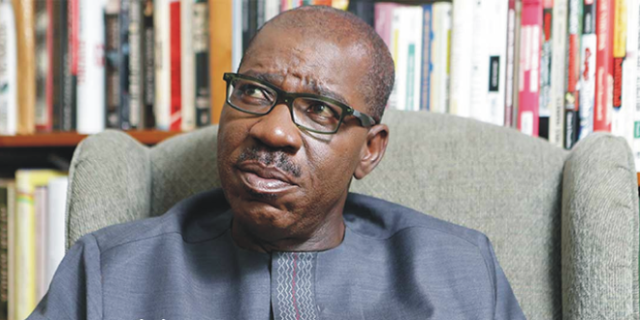The Czech Republic, Hungary, Poland and Slovakia have offered 35 million euros (41 million dollars) to assist an EU project aiming at beefing up border protection in Libya.
This is in an effort to help tackle the bloc’s migration crisis in the area, the four countries said this in a statement while addressing the root causes of the problems.
The move to financially assist the Italian-led project is meant to demonstrate efforts by the four countries, which belong to the so-called Visegrad group or Visegrad IV (V4) within the EU, to pull their weight on providing solutions to migration questions.
The V4 have long been critical of EU policies on mandatory quotas to relocate migrants arriving to Italy and Greece, and they have called for stemming the flow of migrants in countries outside the EU.
“The financial effort and the readiness in the implementation of the project is another demonstration of the V4 countries of their conviction that the migratory pressure on Europe can only be tackled by protecting external borders.
On Dec. 8, the V4 launched a joint project to strengthen the Libyan border protection and improve the situation of refugees in Libya, the Government Office said in a statement on Friday.
The project is to help prevent migrant crises, outgoing Prime Minister Bohuslav Sobotka wrote.
Sobotka wrote in the statement that the V4’s joint project is to be one of a number of Czech activities to prevent migrant crises.
The V4’s financial contributions will go to the EU Emergency Trust Fund for Africa, which was established two years ago in support of African countries of migrant origin and transit, the Government Office wrote.
The Czech Republic has contributed 1.66 million euros to the fund so far, being one of the biggest contributors in Central and East Europe.
Earlier this year, the Czech government approved 25 million crowns worth of a contribution to the Libyan coast guards.
on Friday, the Czech Republic launched a project together with Italy, which focuses on improving the situation of people in the Ivory Coast.
The Czech contribution of 26 million crowns is designated to improve healthcare in this country and facilitate refugees’ return, the government office wrote.



